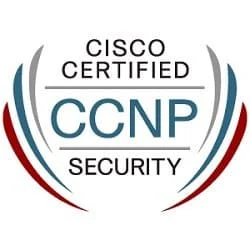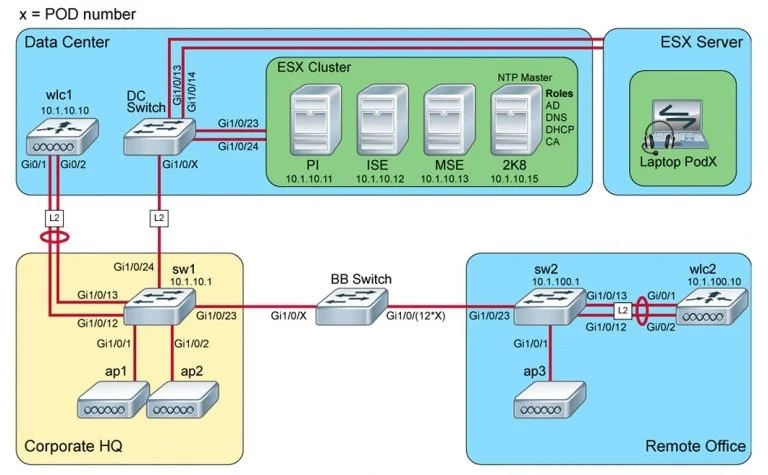CCNP Security SFWIPF – Fundamentals of Cisco Firewall Threat Defense and Intrusion Prevention

The SFWIPF Fundamentals of Cisco Firewall Threat Defense and Intrusion Prevention course is part of the Cisco CCNP Security track. This course provides students with fundamental knowledge of implementing and configuring Cisco Secure Firewall Threat Defense for deploying the next-generation firewall at the network edge. Students will gain an understanding of Cisco Secure Firewall architecture and deployment, basic configuration, packet processing, and advanced options, and perform Secure Firewall administration and troubleshooting tasks. The course covers Cisco Secure Firewall Threat Defense technologies, including Cisco Firepower® Threat Defense and the Firepower® 7000 and 8000 Series virtual appliances. Students will learn how to configure settings and policies on Cisco Secure Firewall Threat Defense, perform basic threat analysis, and manage administration tasks using the Cisco Secure Firewall Management Center. The course contributes to the preparation of the CCNP Security Certification exam (Exam 300-710) .
Course Objectives
T
Below is a summary of the main objectives of the SFWIPF Fundamentals of Cisco Firewall Threat Defense and Intrusion Prevention Course :
- Configure basic settings and policies on Cisco Secure Firewall Threat Defense.
- Understand how different policies affect packet processing across the device.
- Perform threat analysis and basic administration tasks using Cisco Secure Firewall Management Center.
- Manage and administer Cisco Secure Firewall Threat Defense, including high availability and Network Address Translation options.
- Troubleshoot basic traffic flow issues on Cisco Secure Firewall Threat Defense.
- Integrate advanced threat detection techniques: Enhance security with in-depth threat analysis methods.
- Optimize firewall performance: Implement strategies for efficient resource utilization and network protection.
- Apply best practices for firewall configuration and management: Ensure robust and secure firewall deployments.
Course Certification
This course helps you prepare to take the:
Exam 300-710 SNCF Securing Networks with Cisco Firepower;
Course Outline
- Need for a Firewall
- Traditional Network Security and the New Reality
- Cisco Secure Portfolio
- Cisco Secure Firewall Threat Defense Features Overview
- Cisco Secure Firewall Threat Defense Platform Overview
- Cisco Secure Firewall Use Cases
- Cisco Secure Firewall Smart Licensing
- Deployment Modes Overview
- Firewall Deployment Mode
- Configuring Global Interfaces
- Configuring IPS Interfaces
- Resilient and Scalable Design
- Cisco Secure Firewall Threat Defense Management Overview
- Cisco Secure Firewall Management Center
- Cisco Secure Firewall Threat Defense Device Manager
- Cisco Defense Orchestrator
- Initial Cisco Secure Firewall Threat Defense Setup
- Cisco Secure Firewall Management Center Initial Setup
- Cisco Secure Firewall Threat Defense Registration with Cisco Secure Firewall Management Center
- Cisco Secure Firewall Threat Defense Device Management
- Interfaces and Security Zones Configuration
- Static Routing Configuration
- Platform Settings Configuration
- Health Policy
- Perform Initial Device Setup
- Active/Standby Failover Overview
- Stateless and Stateful Failover
- Health Monitor Initiated Failover
- Active/Standby Failover Configuration
- Verify and Troubleshoot Active/Standby High Availability
- Configure High Availability
- NAT Overview
- Auto NAT Configuration
- Configure Network Address Translation
- Objects Overview
- Policies Overview
- Cisco Secure Firewall Engines and Detailed Packet Processing
- Discovery Policy Overview
- Network Discovery Policy Configuration
- Discovery Events and Host Profile Analysis
- Configure Network Discovery
- Prefilter Policy Overview
- Prefilter Policy Configuration
- Connection Events Analysis
- Access Control Policy Overview
- Access Control Policy Rules and Rule Actions
- Access Control Policy Deployment
- Access Control Policy Best Practices
- Configure Prefilter and Access Control Policy
- Security Intelligence Overview
- Security Intelligence Objects
- IP and URL Security Intelligence Configuration and Verification
- DNS Security Intelligence Configuration and Verification
- Configure Security Intelligence
- File Policy Overview
- Network Malware Protection and File Type Detection Architecture
- File Policy Configuration
- Malware and File Events Analysis
- Implement File Control and Advanced Malware Protection
- IPS and Snort Introduction
- Intrusion (Snort) Rule Introduction
- Intrusion Policy Fundamentals
- Creating Customizable (User Created) IPS Policies
- Intrusion Event Overview
- Configure Cisco Secure IPS
- Events Overview
- Indications of Compromise
- Context Explorer
- Dashboards
- Reports
- Using the Unified Event Viewer
- Threat Analysis Example
- Detailed Analysis Using the Firewall Management Center
- Update Management
- User Account Management
- Backup of the System
- Configuration Export and Import
- Configuration Rollback
- Manage Cisco Secure Firewall Threat Defense System
- Cisco Secure Firewall Threat Defense CLI
- Traffic Flow Troubleshooting Process and Tools
- Traffic Flow Troubleshooting Examples
- Secure Firewall Troubleshooting Fundamentals
- Cisco Secure Firewall Threat Defense Device Manager Initial Configuration
- Cisco Secure Firewall Threat Defense Device Manager Policies Overview
- Configure Managed Devices Using Cisco Secure Firewall Device Manager
Course Mode
Instructor-Led Remote Live Classroom Training;
Trainers
Trainers are Cisco Official Instructors and certified in other IT technologies, with years of hands-on experience in the industry and in Training.
Lab Topology
For all types of delivery, the Trainee can access real Cisco equipment and systems in our laboratories or directly at the Cisco data centers remotely 24 hours a day. Each participant has access to implement the various configurations thus having a practical and immediate feedback of the theoretical concepts.
Here are some Cisco Labs network topologies available:

Course Details
Course Prerequisites
Attendance at the Cisco CCNA Course as well as attendance at the Cisco Cybersecurity Course is Course is recommended .
Course Duration
Intensive duration 5 days
Course Frequency
Course Duration: 5 days (9.00 to 17.00) - Ask for other types of attendance.
Course Date
- Cisco SFWIPF course (Intensive Formula) – On request – 9:00 – 17:00
Steps to Enroll
Registration takes place by asking to be contacted from the following link, or by contacting the office at the international number +355 45 301 313 or by sending a request to the email info@hadartraining.com


